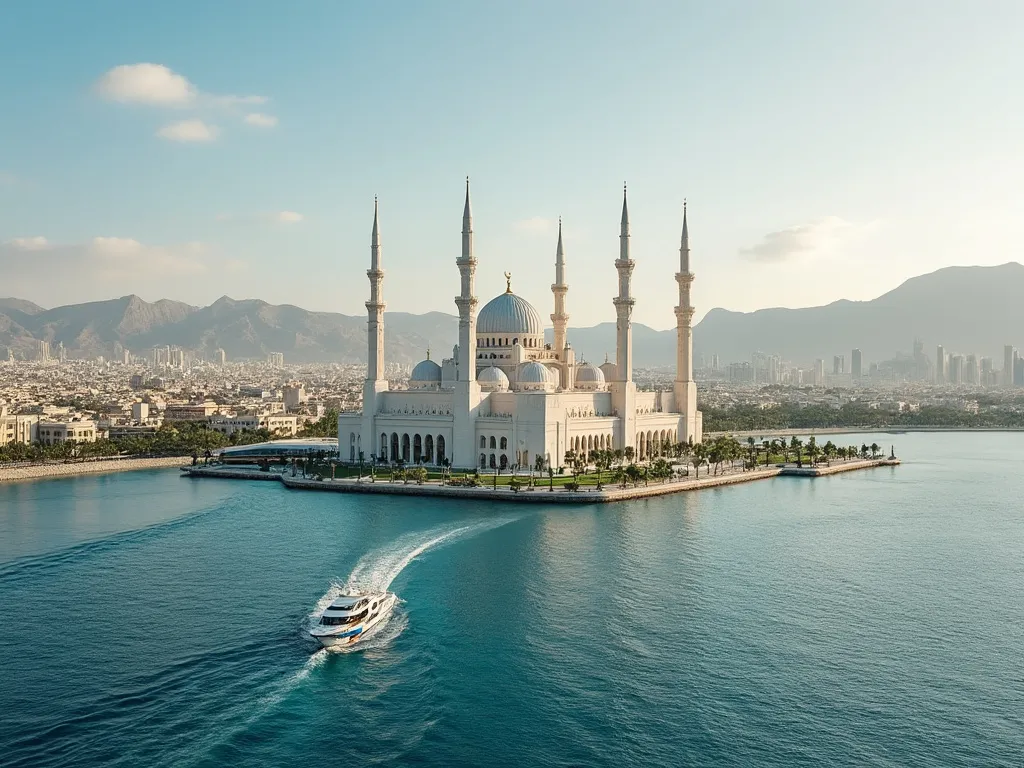
Muscat, the capital city of Oman, is a stunning blend of traditional Arabian architecture and modern infrastructure. Located on the southeastern coast of the Arabian Peninsula, Muscat has a rich history dating back to the 6th century BC.
Muscat Information
| Country | 🇴🇲 Oman |
| Population | 1.5 million (2020 estimate) |
| Coordinates | 23.61°N 58.54°E |
| Area | 3,797 km² (1,466 sq mi) |
| Climate | Hot desert climate (Köppen climate classification: BWh) |
| Language | Arabic (official), English (widely spoken) |
| Currency | Omani rial (OMR) |
| Time zone | UTC+4 (GST) |
| Proximity to other major cities | Dubai (UAE) - 430 km (267 mi), Abu Dhabi (UAE) - 560 km (348 mi) |
Historical Background of Muscat
Muscat has been an important trading center for centuries, with the city's strategic location on the Gulf of Oman making it a hub for trade between the East and the West. The city was occupied by the Portuguese in the 16th century, and later by the Ottoman Empire in the 17th century. In 1749, the Al Said dynasty came to power, and Muscat has remained the capital of Oman ever since.
Geographical Location of Muscat
Muscat is situated on the Gulf of Oman, surrounded by the Al Hajar Mountains to the north and the Arabian Sea to the east. The city's coastline stretches for over 70 km (43 mi), with several beaches and coves along the way. The city's terrain is generally flat, with some hills and mountains in the surrounding areas.
Cultural Significance of Muscat
Muscat is a city steeped in tradition and culture. The city is home to several important landmarks, including the Al Jalali and Al Mirani forts, which date back to the 16th century. The city's Grand Mosque, which was completed in 2001, is one of the largest mosques in the world and features stunning architecture and beautiful gardens.
Economic Importance of Muscat
Muscat is the economic hub of Oman, with a strong focus on oil and gas production, as well as tourism and finance. The city is home to several major companies, including the Oman Oil Company and the Bank of Oman. The city's port is also an important center for trade and commerce.
Interesting Facts About Muscat
- Muscat is home to the world's largest crystal chandelier, which is located in the city's Grand Mosque.
- The city's Al Jalali fort was once a prison, but is now a museum.
- Muscat is home to several beautiful beaches, including the popular Qurum Beach.
Tourist Attractions in Muscat
- Al Jalali and Al Mirani forts
- Grand Mosque
- Qurum Beach
- Muscat National Museum
- Al Bustan Palace Hotel
Conclusion on Muscat
In conclusion, Muscat is a city that seamlessly blends traditional Arabian culture with modern infrastructure and amenities. From its stunning architecture to its beautiful beaches, Muscat is a must-visit destination for anyone interested in exploring the Middle East.
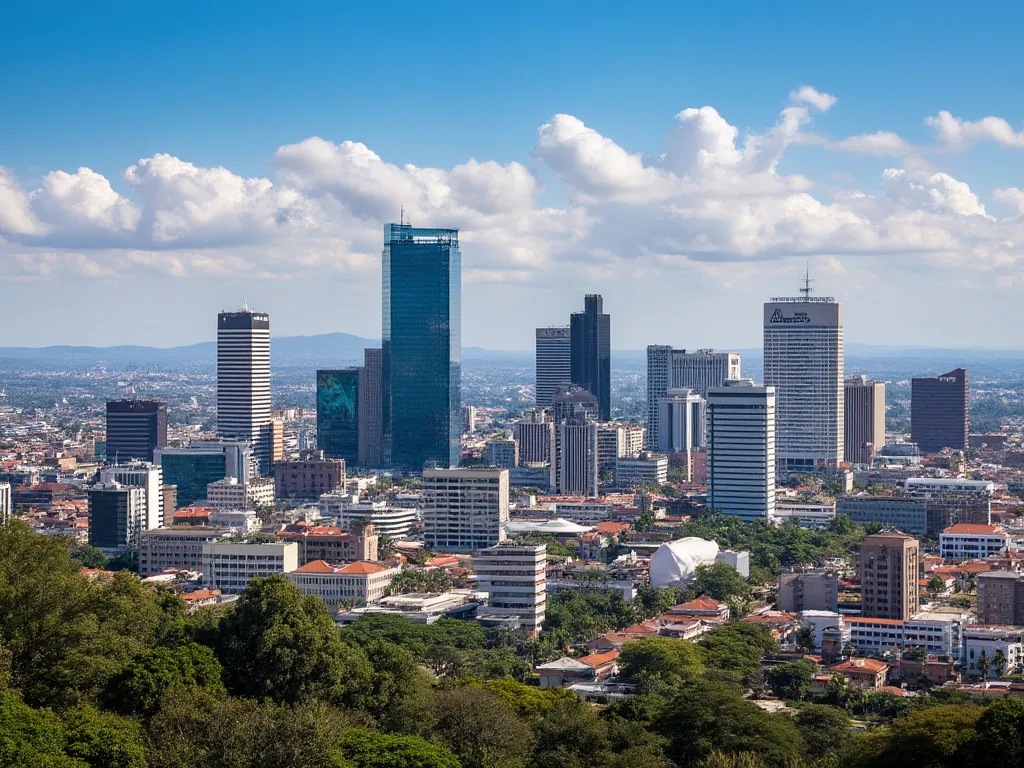 Nairobi
Nairobi
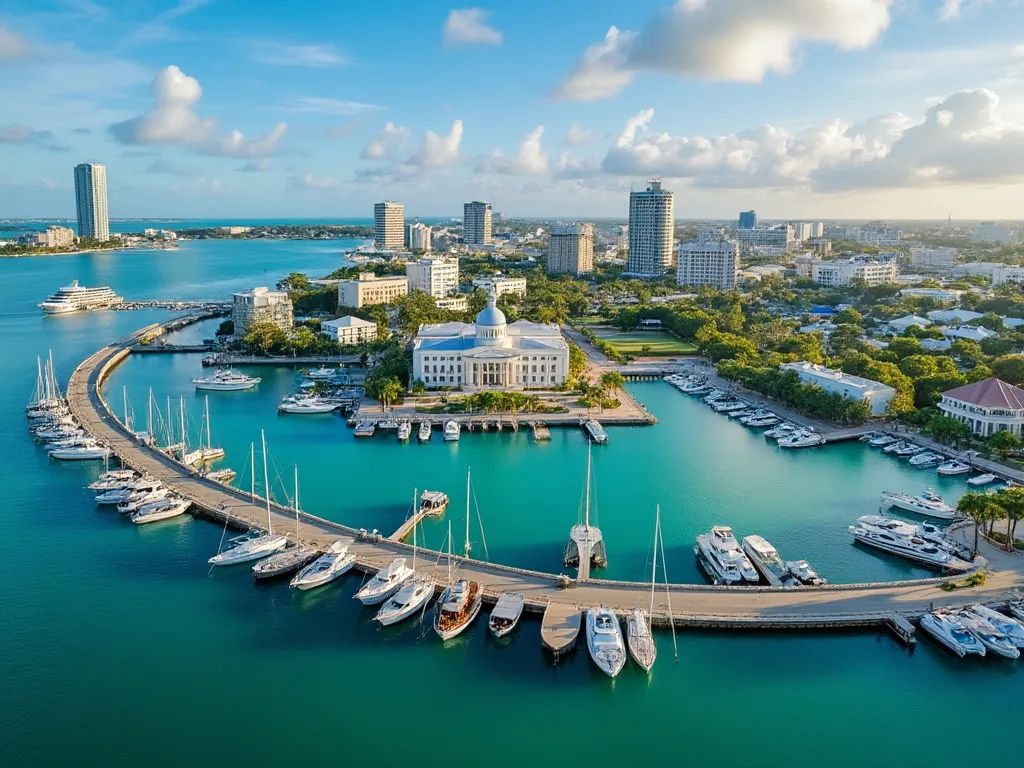 Nassau
Nassau
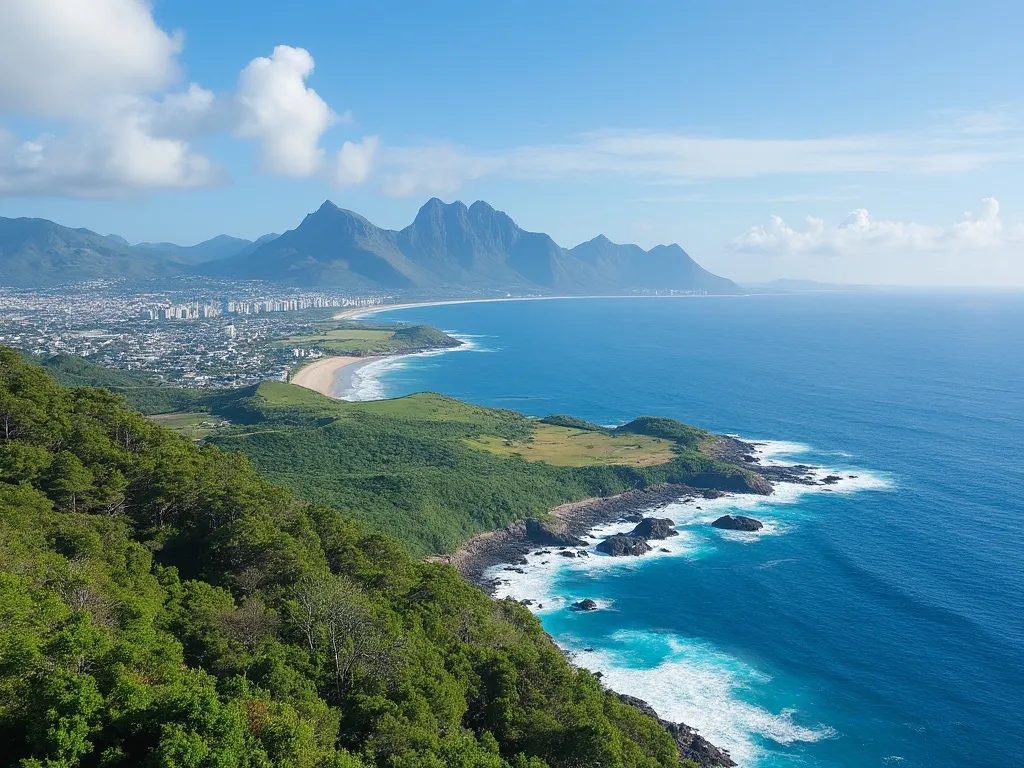 Moroni
Moroni
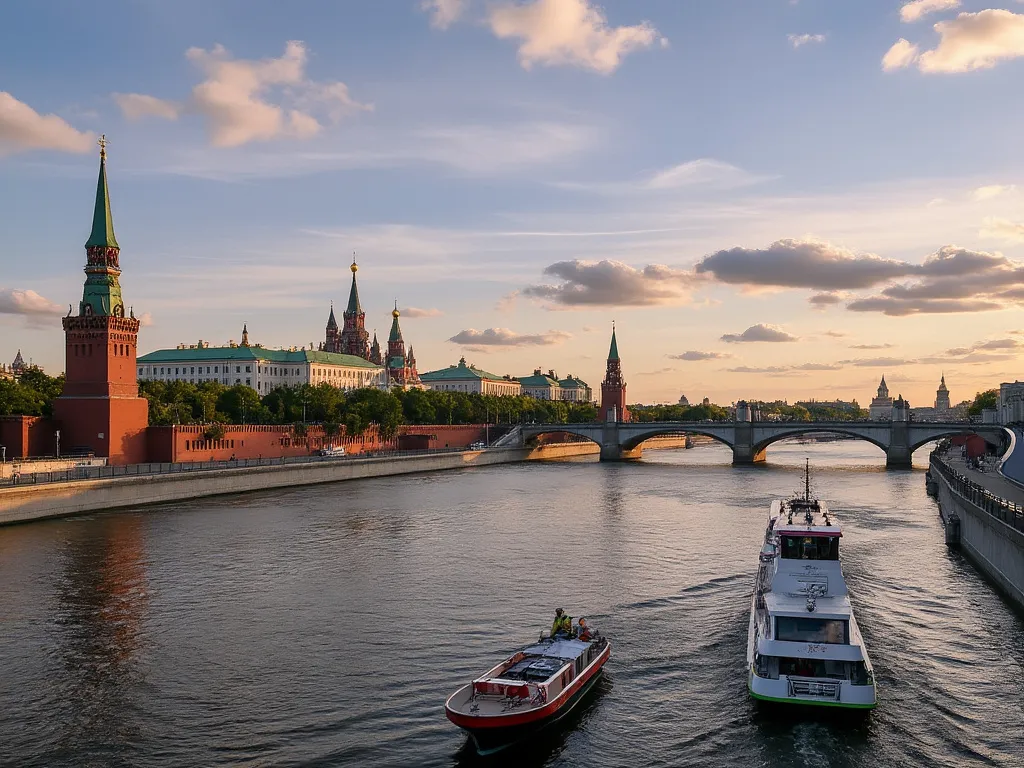 Moscow
Moscow